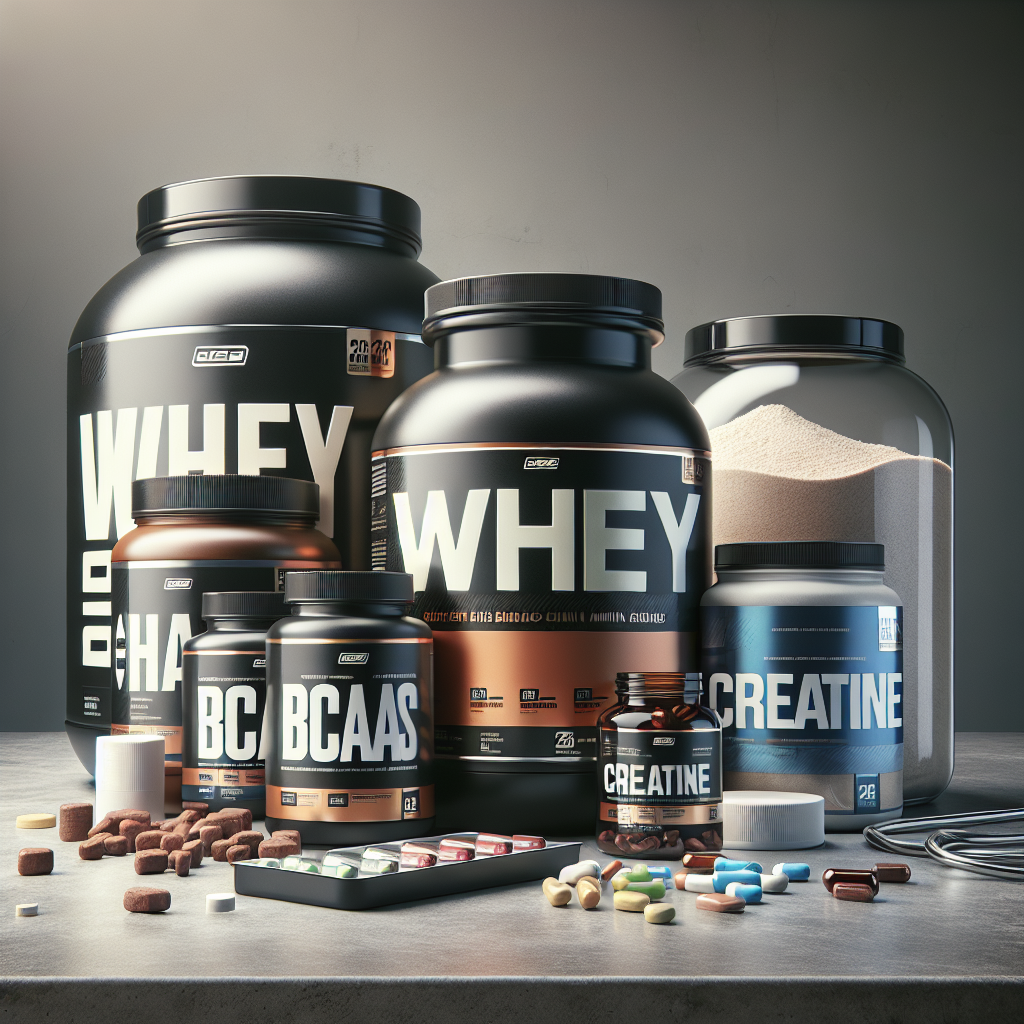When it comes to enhancing muscle definition, the adage "abs are made in the kitchen" rings particularly true. The role of diet is pivotal not only in weight management but also in sculpting a body that is strong, toned, and aesthetically pleasing. At Avix Health, we understand that the journey to muscle definition is multifaceted, involving a delicate balance of nutrition, exercise, and overall wellness.
The Foundation of Muscle Definition: Nutrition
At the core of muscle definition is nutrition. To reveal the hard work you’ve put in at the gym, it’s essential to focus on a diet that supports fat loss while preserving lean muscle mass. This means paying close attention to your macronutrient intake—proteins, carbohydrates, and fats.
Protein: The Building Block of Muscle
Protein is crucial for muscle repair and growth. Consuming adequate amounts of protein ensures that your body has the necessary amino acids to rebuild the muscle fibers that are broken down during resistance training. The general guideline for individuals looking to build muscle is to consume around 1.2 to 2.0 grams of protein per kilogram of body weight per day.
Carbohydrates: The Energy Source
Carbohydrates are your body’s primary energy source. They fuel your workouts and are essential for recovery. However, the quality of carbohydrates is just as important as the quantity. Opt for complex carbohydrates like whole grains, legumes, and vegetables, which provide a steady release of energy and are packed with fiber.
Fats: The Essential Nutrient
Fats are often misunderstood in the world of fitness. However, they are essential for hormone production, including those that regulate muscle growth and fat metabolism. Focus on healthy fats from sources like avocados, nuts, seeds, and fatty fish to support overall health and aid in the absorption of fat-soluble vitamins.
Micronutrients and Hydration: The Overlooked Heroes
Micronutrients—vitamins and minerals—play supportive roles in energy production and muscle contraction. A diverse diet rich in fruits and vegetables will help cover your micronutrient needs. Additionally, proper hydration is crucial for optimal performance and recovery, so ensure you are drinking enough water throughout the day.
For more detailed guidance on a balanced approach to nutrition, explore our comprehensive resources on Fitness.
The Synergy of Diet and Exercise
Exercise, particularly strength training, is the stimulus needed for muscle growth and definition. Your diet acts as the support system, providing the energy for your workouts and the nutrients for recovery and muscle repair.
Resistance Training: The Catalyst for Muscle Growth
Engaging in regular resistance training is essential for building muscle. Exercises like weight lifting, bodyweight workouts, and resistance band exercises create the necessary stimulus for muscle growth by causing micro-tears in the muscle fibers.
Cardiovascular Exercise: The Fat Loss Accelerator
While resistance training builds muscle, cardiovascular exercise is effective for burning fat, which can help reveal the muscle definition beneath. Incorporating activities like running, cycling, or swimming can enhance fat loss when combined with a proper diet.
To optimize your workout space for the best results, take a look at our guide to Optimizing Your Home Gym for Maximum Results.
Advanced Nutrition Strategies for Muscle Definition
For those looking to take their muscle definition to the next level, certain advanced nutrition strategies can be employed.
Caloric Deficit: The Path to Fat Loss
To lose fat, you need to consume fewer calories than you burn. A moderate caloric deficit of 500 calories per day can result in a safe and sustainable weight loss of about one pound per week. This approach ensures that you’re losing fat while minimizing muscle loss.
Meal Timing and Frequency: Fine-Tuning Your Diet
The timing and frequency of your meals can also play a role in muscle definition. Consuming protein-rich meals or snacks every three to four hours can help maintain muscle mass during a caloric deficit. Post-workout nutrition is particularly important, with a combination of protein and carbohydrates aiding in recovery.
Supplements: The Additional Support
While a well-rounded diet is the foundation of good nutrition, certain supplements can provide additional support. Whey protein, branched-chain amino acids (BCAAs), and creatine are popular choices among fitness enthusiasts for their potential to support muscle growth and recovery.
For a deeper dive into how supplements can enhance your fitness journey, consider reading Choosing the Best Post-Workout Recovery Methods.
The Importance of Rest and Recovery
Rest and recovery are often overlooked aspects of the muscle definition equation. Adequate sleep and rest days are essential for allowing your muscles to repair and grow stronger. During sleep, growth hormone levels peak, facilitating muscle repair and growth.
External Resources for Further Reading
To complement the information provided here, consider exploring these niche resources:
- Precision Nutrition’s Guide to Nutrient Timing
- Examine.com’s Analysis of Protein Supplementation
- The Sleep Foundation’s Insights on Sleep and Muscle Recovery
- The American Council on Exercise’s Explanation of the Role of Fats in Hormone Production
- The International Society of Sports Nutrition’s Stand on Protein and Exercise
Conclusion
The road to muscle definition is a journey that requires dedication both in the gym and in the kitchen. By understanding the critical role of diet and combining it with effective training and recovery strategies, you can sculpt a physique that is not only strong but also showcases the results of your hard work. Remember, achieving muscle definition is a process that takes time, consistency, and patience.
At Avix Health, we are committed to providing you with the knowledge and resources you need to reach your fitness goals. Whether you’re a beginner or an experienced athlete, our articles are designed to guide you on your path to a healthier, more defined body.



